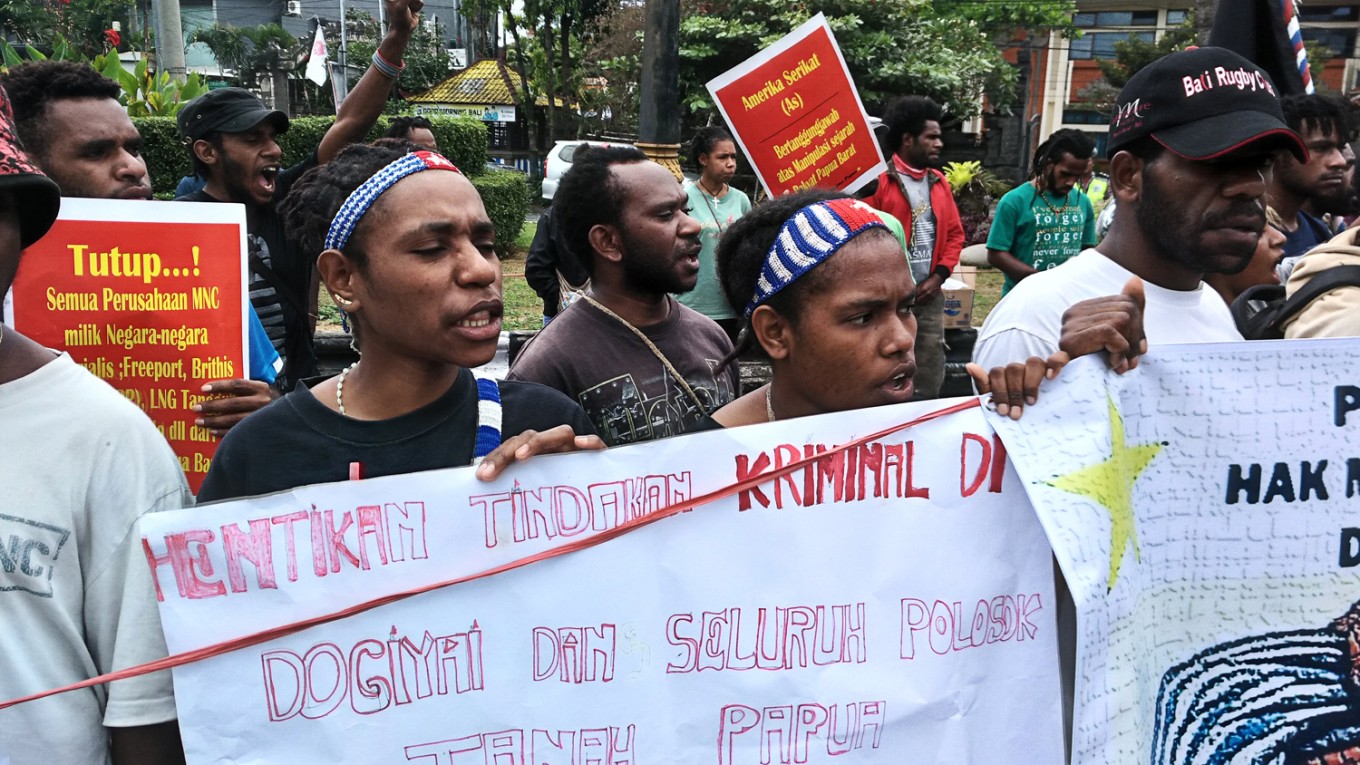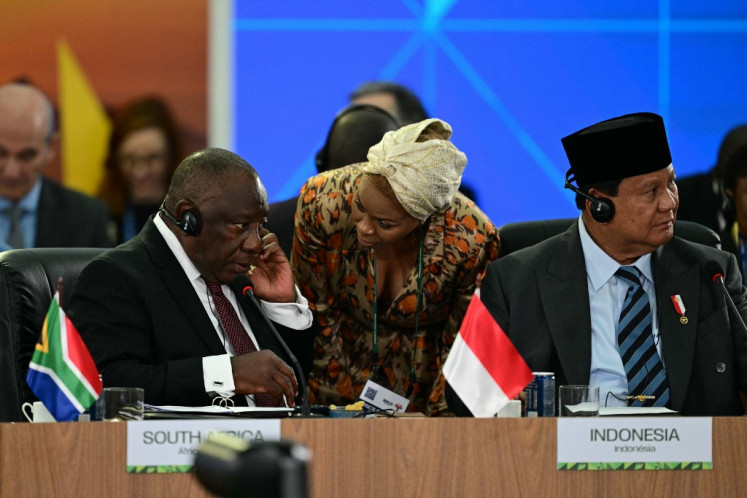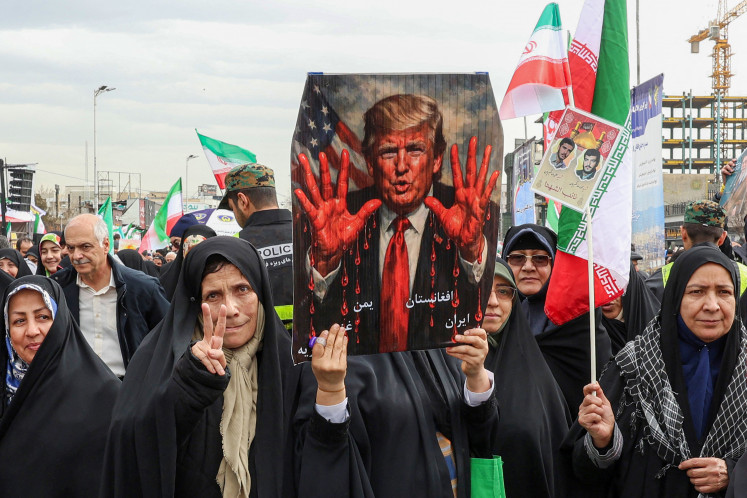Popular Reads
Top Results
Can't find what you're looking for?
View all search resultsPopular Reads
Top Results
Can't find what you're looking for?
View all search resultsCatalonia's referendum not suitable for Papua
It is strikingly inequitable to compare the poorest regions in Indonesia with the wealthiest region in Spain, but what is certain is that Papua and West Papua enjoy more autonomy, more representation and more attention than before.
Change text size
Gift Premium Articles
to Anyone
A
s Catalans are pushing for independence through a contentious referendum, their struggle is being monitored by secessionists around the world, including Papuans.
It is enigmatic to imagine a referendum for the holy grail of statehood will happen twice in Papua for two reasons.
First, the Catalans’ referendum contravenes all the prevailing rules, making their future unclear while the international community is reluctant to recognize their aspired independency.
Second, Papuans had their referendum in 1969. Held in eight districts, the referendum unanimously stipulated that West Papuans voted to reintegrate with Indonesia.
The international community was represented by all members of the United Nations General Assembly, which approved the referendum’s result by adopting UN Resolution 2504, consisting of 84 countries voting in favor, 30 countries abstaining and no single country voting against it. This gives the referendum legitimacy.
Nevertheless, Indonesian policymakers seem to forget a new loophole that is visible only within the theoretical discourse of international law.
As international law is evolving and influencing recent secession cases, Catalan’s referendum effects for Papuan secessionists can be worrisome.


















